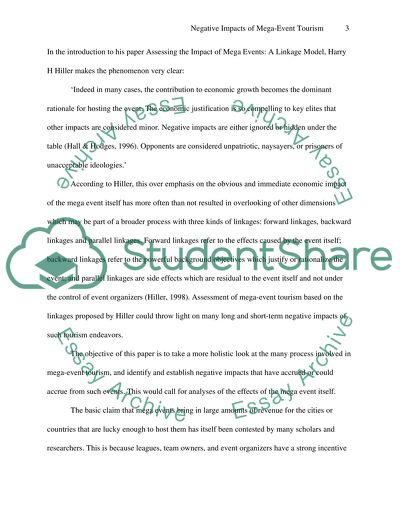Cite this document
(Negative Impacts of Mega-Event Tourism Case Study, n.d.)
Negative Impacts of Mega-Event Tourism Case Study. Retrieved from https://studentshare.org/tourism/1540836-negative-impacts-of-mega-event-tourism
Negative Impacts of Mega-Event Tourism Case Study. Retrieved from https://studentshare.org/tourism/1540836-negative-impacts-of-mega-event-tourism
(Negative Impacts of Mega-Event Tourism Case Study)
Negative Impacts of Mega-Event Tourism Case Study. https://studentshare.org/tourism/1540836-negative-impacts-of-mega-event-tourism.
Negative Impacts of Mega-Event Tourism Case Study. https://studentshare.org/tourism/1540836-negative-impacts-of-mega-event-tourism.
“Negative Impacts of Mega-Event Tourism Case Study”, n.d. https://studentshare.org/tourism/1540836-negative-impacts-of-mega-event-tourism.


